Advantages of modular customization of self-service kiosks
Dec 19, 2024
In an era of rapidly evolving consumer expectations, businesses must adopt flexible and innovative solutions to remain competitive. Modular customization of self-service kiosks is becoming a transformative approach that provides unparalleled adaptability and efficiency to a wide range of industries. This article explores the advantages of modular customization and how it can revolutionize operations, improve customer satisfaction, and drive business growth.
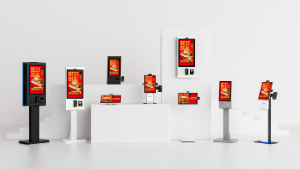
What is modular customization?
Modular customization refers to the ability to design self-service kiosks using interchangeable modules or components. It is convenient to increase or decrease the use units at any time in response to different application scenarios, so that they can be replaced independently without the help of manufacturers, which is more efficient and direct.
- Customize functions to meet specific operational needs.
- Upgrade or replace parts without interrupting the entire system.
- Efficient expansion to adapt to changes in demand or technology.
Examples of modular functions include payment terminals, touch screen sizes, printers, cameras, status lights, making self-service kiosks highly versatile in various industries.
1. Flexibility to meet unique business needs
Every business has unique requirements, and a one-size-fits-all approach often fails to meet the needs. Modular kiosks enable businesses to:
- Customize features such as payment methods (credit card, NFC, QR code,Camera,).
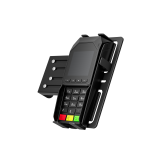
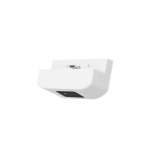
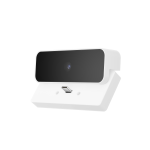
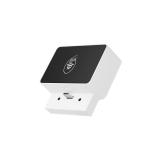
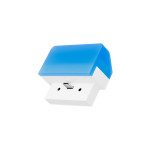
- Integrate branding with tailored interface design and physical aesthetics.
- Adapt to industry-specific needs, such as adding a ticketing module for transportation or a barcode scanner for retail.
Example: A fast food chain can deploy kiosks with modular components for ordering, payment, and loyalty program integration, ensuring a seamless customer experience.
2. Cost-effective upgrades and maintenance
Traditional kiosks often require replacing the entire system for upgrades or repairs, resulting in high costs and downtime. Modular customization addresses this challenge by:
- Allowing individual components to be upgraded or replaced independently.
- Reducing maintenance costs with easily replaceable modules.
- Ensuring minimal disruption to operations.
Example: A retailer can upgrade only the payment module to support new payment technologies without replacing the entire kiosk.
---
3. Enhanced scalability to meet the needs of growing businesses
As businesses grow, their needs change. Modular kiosks offer scalability by:
- Add new features as needed.
- Expand deployments across multiple locations with tailored configurations.
- Quickly adapt to seasonal demands or changing customer preferences.
Example: During peak shopping seasons, retailers can add more kiosks or equip existing kiosks with faster processors to handle increased traffic.
---
4. Improve sustainability and lifespan
Sustainability is becoming an important consideration for modern businesses. Modular kiosks promote sustainability by:
- Extending product lifecycles, as individual components can be replaced or upgraded.
- Reducing e-waste by avoiding full system replacements.
- Supporting energy-efficient modules to reduce operating costs.
Example: Healthcare providers can update only the software module on a patient registration kiosk, reducing waste and maintaining efficiency.
5. Faster deployment and time to market
Traditional custom solutions can take months to design and implement. Modular kiosks accelerate deployment by:
- Leveraging pre-designed modules that can be assembled quickly.
- Reducing lead time for customization and installation.
- Allows businesses to quickly respond to market trends and customer demands.
Industries that benefit from modular self-service kiosks
Retail
- Customizable checkout kiosks with integrated loyalty programs.
- Modular scanners and printers for efficient inventory management.
Food services
- Ordering kiosks with interchangeable menu interfaces.
- Integration with kitchen management systems for seamless order processing.
Healthcare
- Patient registration kiosks with modular biometric scanners.
- Customized components for insurance verification and payment.
Transportation
- Ticketing kiosks with adaptable payment and printing options.
- Real-time integration with dispatch and information systems.
---
Future trends in modular customization
The potential of modular self-service machines continues to expand as technology advances:
AI modules: Enable personalized user experience and predictive maintenance.
IoT integration: Facilitate real-time monitoring and remote updates.
Sustainable materials: Advances in eco-friendly materials
Businesses that invest in modular customization now will be well positioned to adapt to these future innovations and remain competitive.
Conclusion
Modular customization of kiosks provides businesses with the flexibility, cost-effectiveness, and scalability they need to thrive in today’s dynamic marketplace. By taking this approach, companies can deliver exceptional customer experiences, optimize operations, and stay ahead of technology trends.
Ready to transform your business with modular kiosks? Contact us today to explore custom solutions that meet your unique needs.